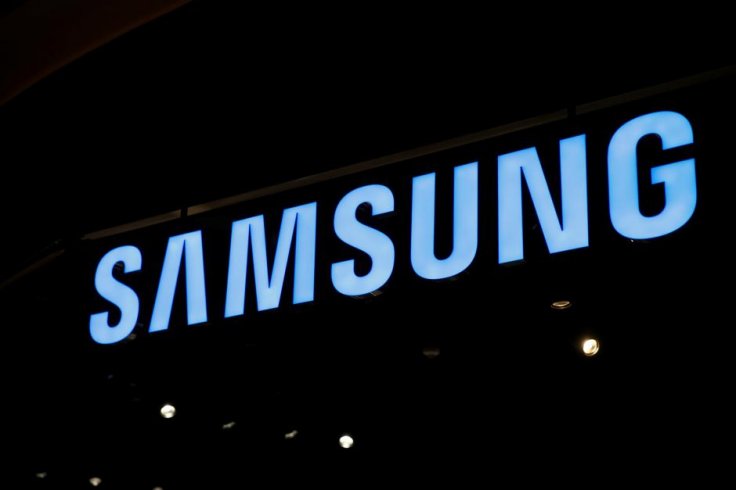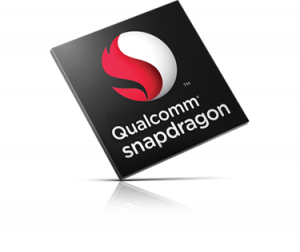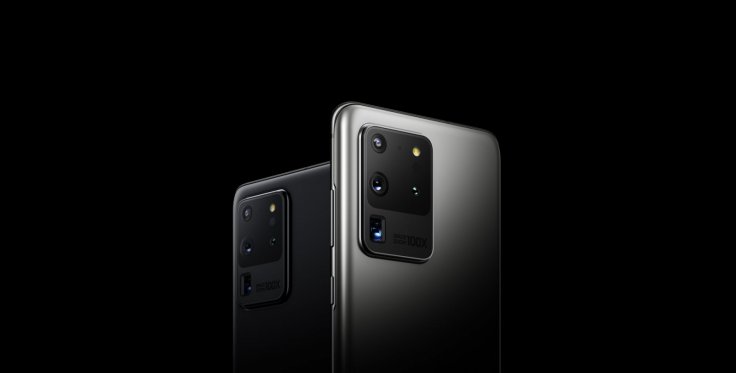


If you've been using a Samsung smartphone or have been following the company for some time, you would already know that Samsung uses two different processors or SoCs (System on Chips) in its flagship Galaxy smartphones.
The company ships a Qualcomm Snapdragon branded SoC with the flagship Galaxy smartphones for the US and a few other select countries, and for the rest of the world you get one of Samsung's in-house Exynos processors, and the trend has been that way for years.
With this year's Galaxy S20 series, users in the US get the latest and greatest from Qualcomm's stable, that is the Snapdragon 865, while most of their counterparts in the rest of the world have to make do with the Exynos 990. Apparently, Galaxy S20 owners who have the Exynos 990 version don't seem to be happy.
Petition against Samsung using two different processors in its phones
Samsung fans and Galaxy smartphone owners who are unhappy with the company's "two different processors depending on region" approach have started a petition demanding Samsung drop its in-house processors from its phones.
The Change.org petition titled "Stop Selling us Inferior Exynos Phones!" aims to get 25,000 people to sign for it, and at the time of writing it has already had more than 21,000 signatures.
The petition states: "Phones with Exynos SoC chips [sic] are shown to perform slower, have less battery life, use inferior camera sensors and processing, overheat and throttle faster, amongst other issues."
Is Exynos 990 really inferior to Snapdragon 865?
Many reviewers and owners of the latest Samsung Galaxy flagship phones that include the Galaxy S20, Galaxy S20 Plus, and the top-of-the-line Galaxy S20 Ultra, have noticed that the Exynos variants of these phones that use the Exynos 990 deliver lower performance compared to those which have the Snapdragon 865 chipsets inside.
According to a review by Notebookcheck, the Exynos 990 found inside the Galaxy S20 phones delivered a peak performance to power ratio of 13.0/W, while the Snapdragon 865 variant of the same handset delivered a rating of 19.6/W. What's worse is that even last year's flagship Snapdragon chipset that is the Snapdragon 855 manages to beat the Exynos 990 with a ratio of around 15.0/W.
Just a few days back, tech YouTuber Arun Maini, who runs the channel Mrwhosetheboss, compared the Snapdragon and Exynos versions of the Galaxy S20 Ultra and exclaimed that the Snapdragon version seems like a phone in a different league altogether.
The synthetic benchmark scores also show the Snapdragon version perform better than the Exynos version. The performance of the Exynos only gets worse with every reported run of the AnTuTu test. The Exynos 990 overheated with every round and heated up to a whopping 66°C, while the Snapdragon remained well inside the 45°C mark and actually cooled down to 39°C in the third round of AnTuTu testing. It's not rocket science to understand that overheating prompts the phone to throttle it's performance.
The Samsung chip also lags behind in Geekbench, 3DMark, and AITUTU tests.
Better battery and camera performance on the Snapdragon variant
Several reviewers have also noticed the camera performance is better in the Snapdragon variant of the Galaxy S20 Ultra, despite the Exynos variant sharing the same sensors. The Snapdragon variant also takes less time to shift between modes.
Then there's the battery. When Mrwhosetheboss used both the phones side by side and opened the same apps and games and ran them for the same time, the Snapdragon version was left with significantly more battery.
The petition also highlights the fact that Samsung uses its own brand camera sensors aka Samsung ISOCELL sensors in most of phones, but uses Sony sensors in the US version. This isn't the case with the Galaxy S20 Ultra which uses Samsung's own 108MP main sensor and the 48MP Periscope Zoom sensor.
Samsung becomes world third-largest smartphone chipmaker
The petition comes at a time when Samsung has reportedly dethroned Apple to become the world's third biggest chip-maker.
According to the latest smartphone SoC report from Counterpoint Research, Samsung had a market share if 14.1 per cent in the global mobile application processor market in 2019, behind Qualcomm and MediaTek which enjoyed the top two positions with a market share of 33.4 per cent and 24.6 per cent respectively. Apple, which makes the chipsets for the iPhone and iPad, slipped to the fourth position with a market share of 13.1 per cent last year.
Samsung's latest feat isn't surprising
This isn't quite surprising as Samsung is the world's largest smartphone manufacturer and uses its Exynos SoCs in more than 70 per cent of its smartphones.
The company uses the top-end Exynos chips in its flagship smartphones for almost every market outside the US, and its mid-range Exynos chipsets for all its other series including the Galaxy A and M series. For example, the Galaxy A51 uses the Exynos 9611 chip.
It also supplies its Exynos-branded chips for brands such as Motorola, Meizu and more recently Vivo has also started procuring shipments from Samsung.
Stop using Exynos or make phones cheaper
There are also rumors that Samsung may withdraw from its CPU business, but the ongoing petition suggests that if Samsung doesn't stop using Exynos chips in its phones, or if it doesn't use Snapdragon chips in all its phones, it should be more transparent about the differences between the two SoCs. The petition also suggests that Samsung revise the prices for the Exynos version of the handsets, making them lower than the allegedly superior Snapdragon versions.
Although it seems highly unlikely that Samsung would pay heed to the petition's demands, it will be interesting to see how things pan out, especially now that it's Exynos division has surpassed Apple as the third largest chip supplier in the smartphone industry.









